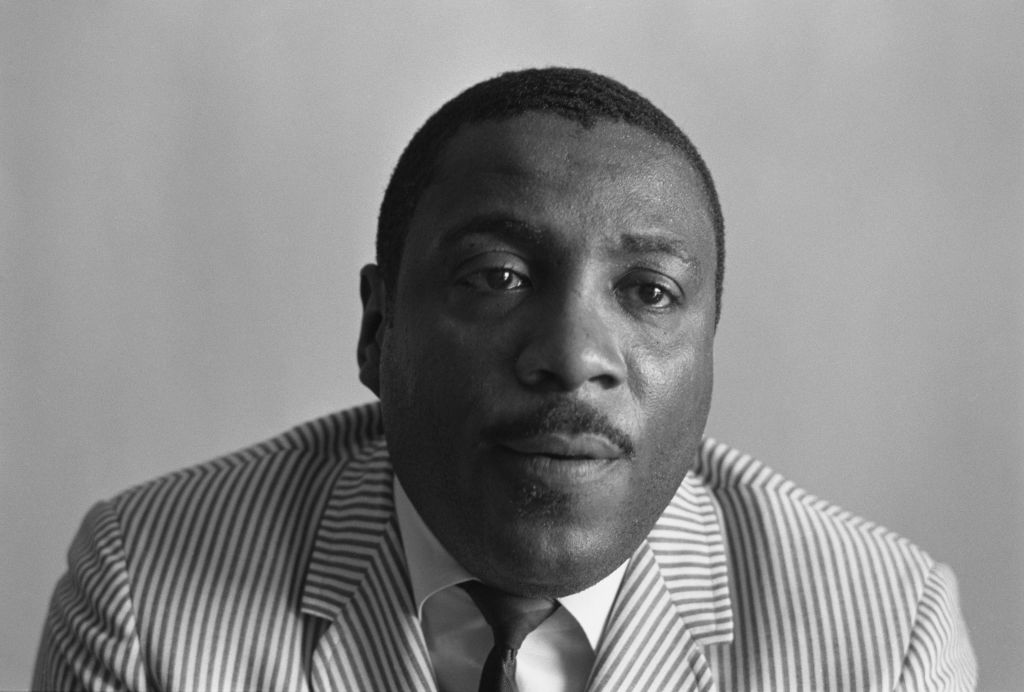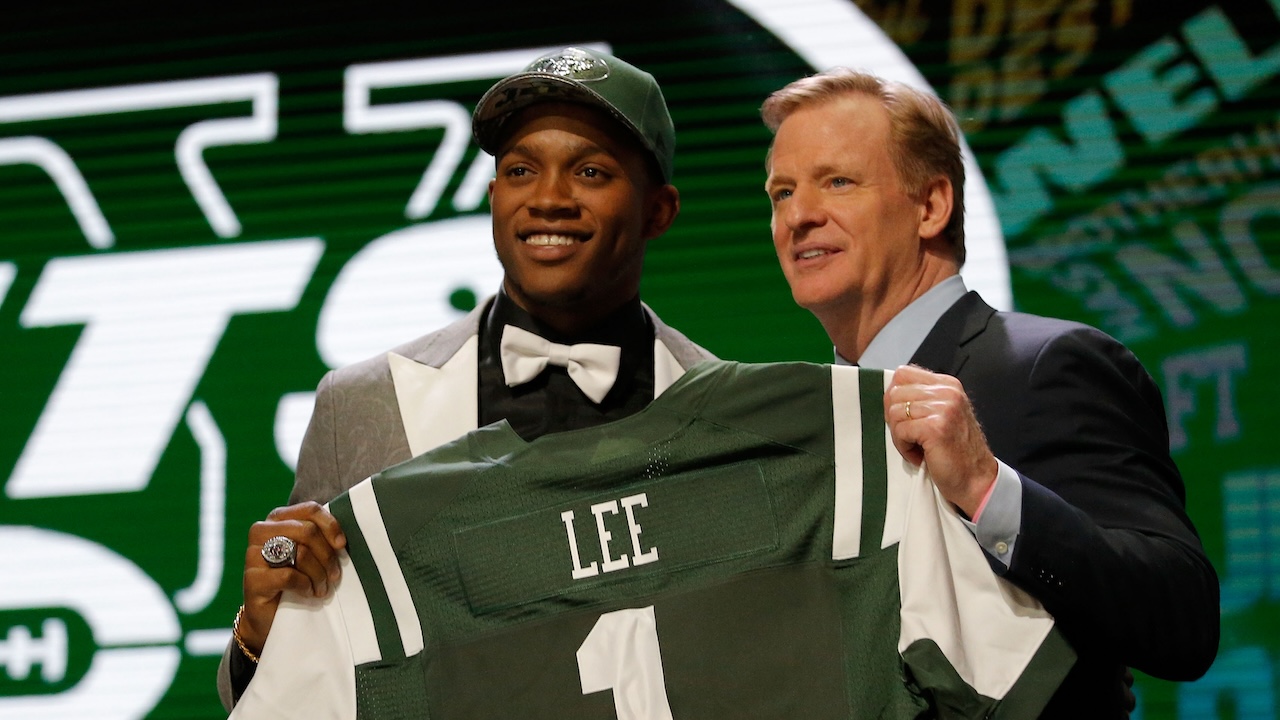Remembering Dick Gregory: A Legacy of Laughter, Courage, and Change


Source: Michael Ochs Archives / Getty
August 19th marks the anniversary of the passing of Comedian and Civil Rights Activist Dick Gregory, and we honor a man who transformed comedy from entertainment into a weapon for social justice. Gregory died on August 19, 2017, at age 84, leaving behind a legacy that continues to inspire activists and comedians alike. As Gregory once said, “The most difficult thing to get people to do is to accept the obvious.”
RELATED: Urban One Founder Cathy Hughes Reflects On The Life Of Dick Gregory
RELATED: Monday, August 21st, NewsOne Now Pays Tribute To Dick Gregory
Born into poverty in St. Louis in 1932, Gregory overcame tremendous hardships and became one of the first Black comedians to find success with white audiences. His breakthrough came at Chicago’s Playboy Club in 1961, where he faced down racist hecklers with wit and grace, turning hostility into applause. As Gregory quipped, “I never learned hate at home, or shame. I had to go to school for that.” Furthermore, he famously joked, “Where else in the world but America could I have lived in the worst neighborhoods, attended the worst schools, ridden in the back of the bus, and get paid $5,000 a week just for talking about it?”
However, Gregory’s impact extended far beyond the stage. As the civil rights movement gained momentum, he seamlessly transitioned from comedian to activist, using his platform to spotlight racial injustice. Moreover, he marched with Dr. Martin Luther King Jr., endured beatings and jail time, and ran for president in 1968 as the candidate of the Peace and Freedom Party, earning 200,000 votes.
Subsequently, Gregory’s activism evolved throughout his life. He embraced Gandhi’s philosophy of nonviolence, became a vegetarian and marathon runner, and championed health advocacy. Additionally, he conducted hunger strikes for various causes, ranging from Middle East peace to animal rights, demonstrating that personal transformation and social change are inextricably linked. As Gregory once said, “Poor is a state of mind you never grow out of, but being broke is just a temporary condition.”
Ultimately, his influence on future generations cannot be overstated. Gregory showed that comedy could challenge power structures while making people laugh. In addition, he demonstrated that entertainers have a responsibility to speak truth, paving the way for countless comedians who use humor to address social issues today.
Dick Gregory’s life reminds us that courage comes in many forms, and sometimes it emerges through a punchline that cuts to the heart of injustice.
What's Your Reaction?
 Like
0
Like
0
 Dislike
0
Dislike
0
 Love
0
Love
0
 Funny
0
Funny
0
 Angry
0
Angry
0
 Sad
0
Sad
0
 Wow
0
Wow
0
































